#caroline: *SCREAMING*
Text
siblings in horror, you are so dear to me <3




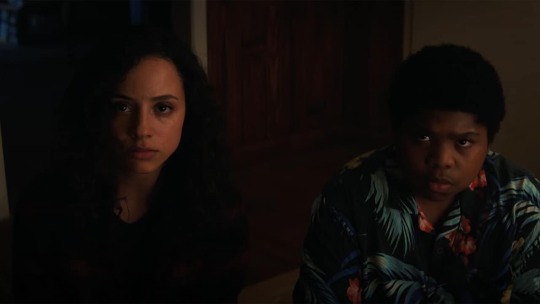


#fnaf#five nights at freddy's#chucky#chucky the series#scream#scream 5#scream 6#fear street#the black phone#mike schmidt#abby schmidt#lexy cross#caroline cross#sam carpenter#tara carpenter#mindy meeks martin#chad meeks martin#deena johnson#josh johnson#cindy berman#ziggy berman#gwen blake#finney blake#jaiden rants
1K notes
·
View notes
Photo


#she is insane#i love her for it#midnights#anti-hero#taylor swift#Queen#screaming#taylor swift you genius you#gif#gifs#gifset#Mary Elizabeth Ellis#caroline from new girl what up?
6K notes
·
View notes
Text
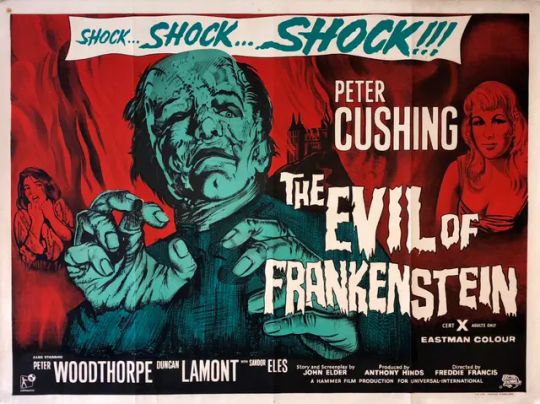
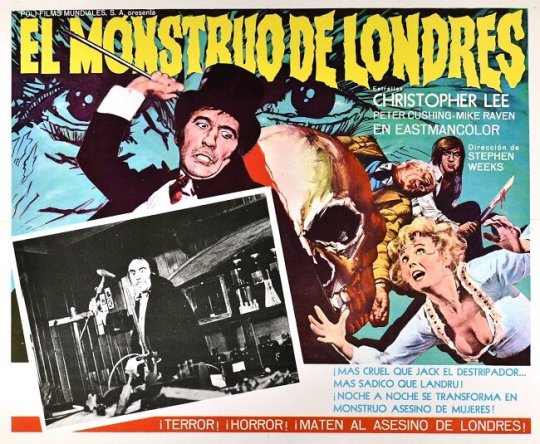
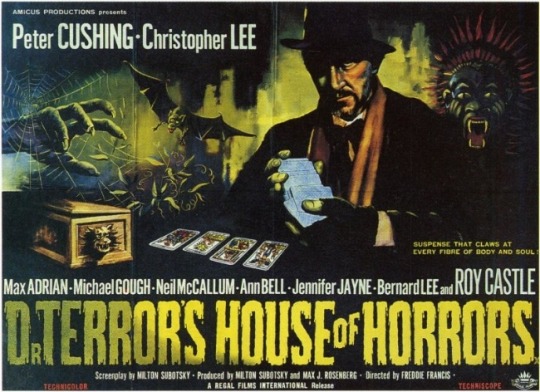
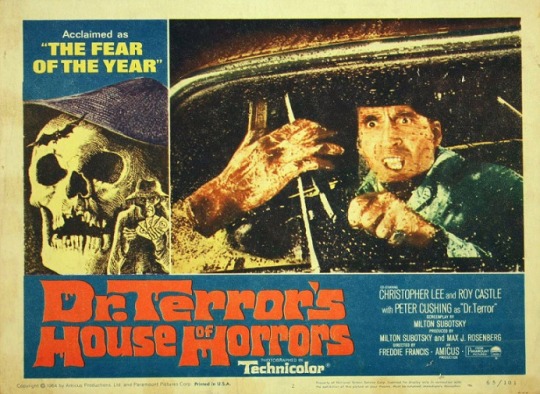
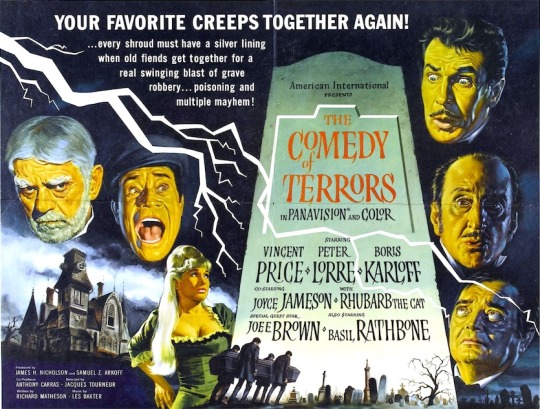

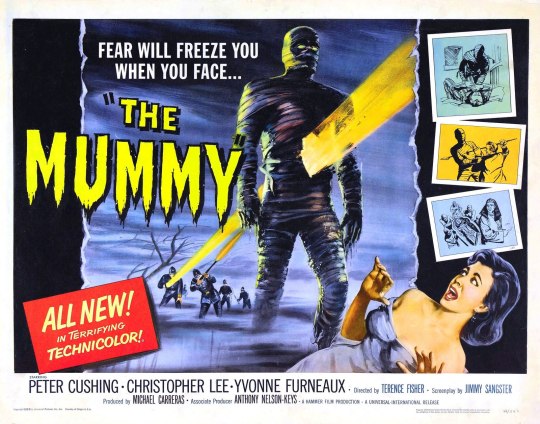
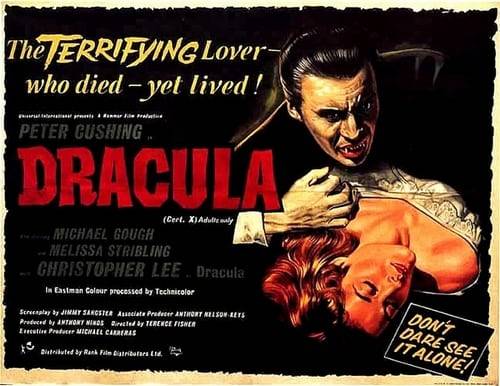
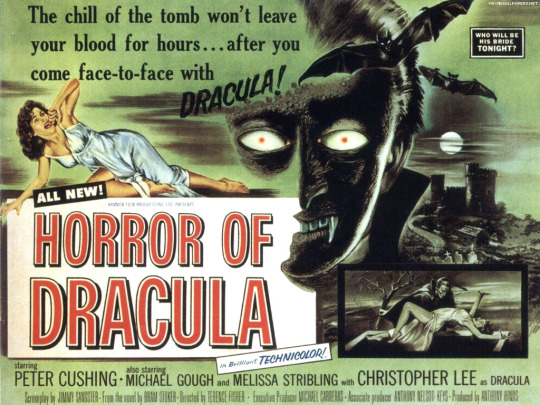
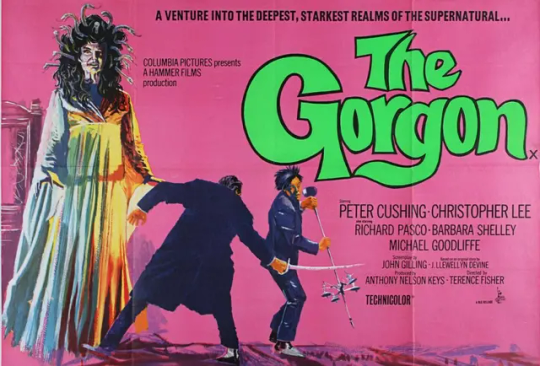
Classic Horror Movie Publicity
#my post#hammer horror#peter cushing#christopher lee#amicus productions#amicus horror#michael gough#peter lorre#boris karloff#dracula#frankenstein#universal monsters#universal studios#caroline munro#scream queens#poster#horror movie poster
41 notes
·
View notes
Text
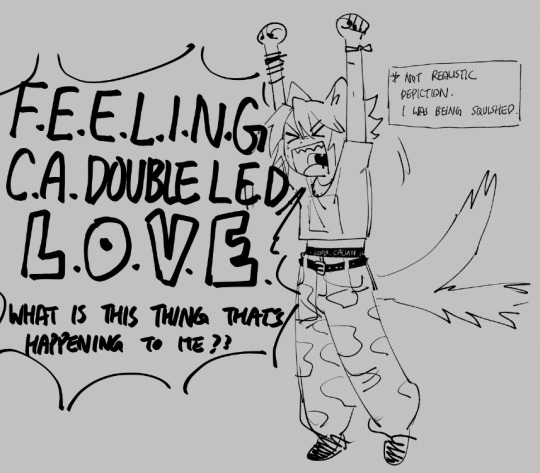
nobody cares but i went to my first music festival yesterday and got to see fucking Pulp and De La Soul and Squid and Prep And Caroline Polachek and Homeshake and Atarashi Gakko i'm still losing my fucking mind
#SO HAPPY#HAPPY HAPPY HAPPY#siu talks#scrum so loud every recording i have is just overlayed with me screaming over the performance#jarvis is so sexy what the fuck!!!#caroline as well!! shes mother!!!!#also seeing de la soul in person is surreal esp after binging so many gorillaz concerts#live music all day!!! stimming with no judgement!!!!
109 notes
·
View notes
Text

feeling brave so i decided to post the carrie doodle i did today. be nice ive never drawn them before
#sparklecare#caroline coughs#carrie sparklecare#.maybe i will draw cometcarrie as well. yes i just called her cometcarrie.#if kittycorn sees this i am going to Scream /pos#vin art
50 notes
·
View notes
Text








I wasn’t expecting Kent to be my secret gift-giver😭 He gave me something good though🥺
#screaming crying throwing up#sdv elliott#sdv#sdv shane#sdv kent#sdv gus#sdv leah#stardew valley#stardew valley kent#I was expecting a bomb tbh#stardew valley gus#stardew valley jodi#stardew valley sam#stardew valley vincent#sdv caroline#sdv clint
36 notes
·
View notes
Text


Broadway Musical Frozen, stars real-life married couple, Austin Colby(Hans) & Caroline Bowman(Elsa) ❤❤❤❤
Credit to @brauhala on Instagram
#let me go in the corner and scream#helsa#austin colby#caroline bowman#frozen#frozen broadway#love#helsa ftw#hans x elsa#hans#elsa#hansla#yes#mdsrk#broadway#musical#disney#disney otp
916 notes
·
View notes
Text
tortured myself watching deleted Stefonnie scenes oh my gawd
#*screams*#deleted Bonnie scenes are like HERE they do love her#it be Elena sympathizing with Bonnie#Caroline hugging her#an apology from Stefan#Damon NOT working her nerves#and then they delete them 💀#which again is really funny bc millions will argue the writers weren’t racist yet they did everything imaginable to back themselves in that#hole#dria rambles#✨
23 notes
·
View notes
Text
Fav quotes smutslutsblog
Vampire diaries
“Always and forever” -Klaus/Elijah/Rebekah
“I was feeling epic” Stefan Salvatore
“You know your obsessed with me” Damon Salvatore
“ You are not worth the calories I burn talking to you” Caroline Forbes
Outer banks
“ housekeeping!” JJ maybank
“We're the Pogues and our mission this summer is to have a good time, all the time.” John B.
“You power puff girls have fun.” JJ
“Stop treating me like some girl who’s obsessed with you.” Kiara
Scream 1996
“We all go a little mad sometimes” billy
"That is so sexist. The killer could easily be female. Basic Instinct." Tatum
What's the point? They're all the same. Some stupid killer stalking some big-breasted girl who can't act who is always running up the stairs when she should be running out the front door." - Sidney
#jj maybank smut#jj maybank#billy loomis#billy loomis x reader#jaden walton#obx netflix#jj obx#outer banks imagines#obx fic#scream 1996#tvdedit#caroline forbes#damon salvatore#stefan salvatore#klaus mikaleson imagine#rebekah mikaelson#elijah mikealson imagine
103 notes
·
View notes
Text
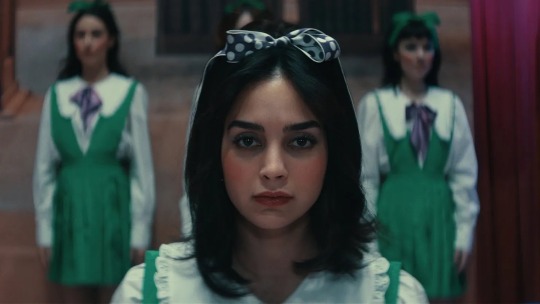
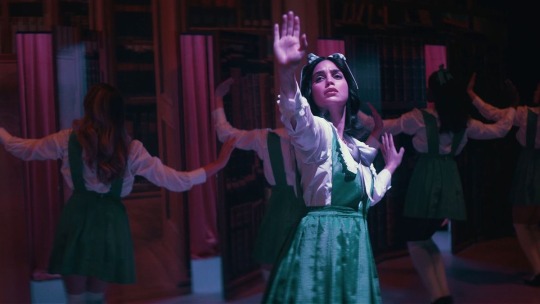

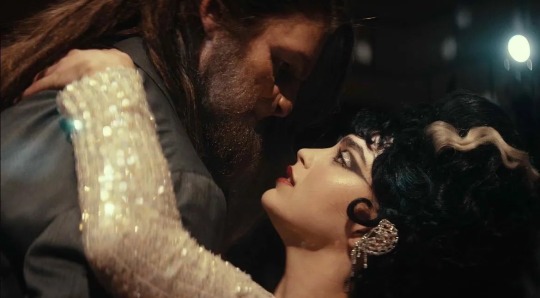
the beautiful and talented melissa barrera as laura franco in “your monster” - which premieres in 2024.
#melissa barrera#laura franco#your monster#horror#women in horror#we stand with melissa barrera#justice for melissa#no sam no scream#we stand with palestine#free palestine#ceasefire now#behind the scenes#horror movies#caroline lindy#2020s horror#monster movies#monster horror#new horror#upcoming releases#scream vi#scream 2022#samantha carpenter#sam carpenter#in the heights#bed rest#frankenstein#bride of frankenstein#scream queens#final girl
37 notes
·
View notes
Video
undefined
tumblr
#do you ever just#caroline polachek#caroline polachek screaming at geese#and swans#+ some pigeons#Desire I Want To Turn Into You
163 notes
·
View notes
Text
Unconsciously Done: An Examination of Misogyny in the Treatment of Caroline Bingley in Jane Austen Fan Fiction
This essay is not meant as an attack on any specific author who writes JAFF. It is a criticism of a trend that is very strong in the genre and I find extremely problematic.
It is my firm belief that Jane Austen felt deeply for the plight of women in her era and that her books examine the difficult decisions that women were forced to make because of their secondary position in society. Jane Austen presents women to us who have little power and whose only hope in future provision and comfort lies in the whims of men. Moreover, Jane Austen never in her collected works, asks us to delight in the downfall or destruction of a woman. Given this context, I find it highly distressing and untrue to Jane Austen’s legacy that so often in Jane Austen Fan Fiction (JAFF), authors invite readers to celebrate the degradation of Caroline Bingley. This is a repugnant practice that both goes against the intent of Jane Austen’s works and by attacking a woman in particular is an unconscious display of misogyny.
After the Netherfield Ball, where the Bennet family shocks Elizabeth, Darcy, and Caroline with their vulgar behaviour, Caroline and Darcy agree that it would be better for Charles, Caroline’s brother, not to marry into such a family. Together, they go to London and convince Charles to remain there, away from Jane. Caroline writes to Jane to inform her of this. Later, when Jane follows them to London, Caroline cuts off the friendship, which lasted, we should remember, for only a few weeks. She also works to conceal Jane’s presence in London from her brother. She is aided in this endeavour, again, by Mr. Darcy. Her final act of the book is attempting to embarrass Elizabeth in company at Pemberley and then insulting Elizabeth to Darcy in private.
For the purposes of this argument, I will first lay out what the original Caroline Bingley does in the novel Pride & Prejudice. Caroline dislikes the unmannered inhabitants of Hertfordshire, specifically the Bennet family, a sentiment she shares with Darcy. They make fun of the Bennets behind their backs together in the first section of the book, along with Caroline’s sister Louisa. When Jane Bennet is sick at Netherfield, Caroline is not as attentive to her as Jane’s sister would like, despite spending several hours with her multiple times.
It is important to note several things. Firstly, none of Caroline’s actions cause lasting harm to anyone. In the end, Jane and Charles do marry. Secondly, Caroline is drawn by Jane Austen as a social-climber who is not above using artifice to reach her goals, but her actions are entirely rational within that context. Every action that Caroline makes is a logical expression of her two motivations, a wish to marry Darcy and a wish to see her brother marry well. Thirdly, Caroline is aided in nearly everything she does by Darcy himself. One could speculate that without Darcy’s interference, Charles would have returned to Hertfordshire as he planned. Darcy’s own words imply this, “with a stronger dependence on my judgement than on his own.” (P&P, Ch 35.)
The position of women in Georgian society is made clear through Jane Austen’s works. Women are dependent on their parents or guardians until they marry at which point they are dependent upon their husbands. There are only two acceptable options for women of the gentry, marriage or becoming a governess. When Charlotte Lucas submits to a marriage with Mr. Collins, we are told marriage was the only provision for well-educated young women of small fortune (P&P, Ch 22). Jane Fairfax, in Emma, is so upset with her the profession of governess, that she compares it to slavery (V 2, Ch. 18). Jane Austen is clearly of the opinion that a woman should marry for affection rather than only for wealth, but she acknowledges how difficult this line is to draw when marriage is so vital to a woman's life. Caroline is set up as a representation of a mercenary worldview in Pride & Prejudice. Like many other Jane Austen women, Mary Crawford (Mansfield Park, specifically her early interest in Tom Bertram), Lucy Steele (S&S), and Charlotte Lucas (P&P) for example, Caroline is pursuing a man for wealth rather than love.
Lydia Bennet is another woman whom Jane Austen, in the social morays of the time, could have condemned and invited us to hate. In Mr. Collins letter we hear the morality that would delight in a woman’s downfall, “The death of your daughter would have been a blessing in comparison of this.” (P&P Ch. 48). Yet again, the narrator does not invite us to treat Lydia with scorn. We are reminded of Mrs. and Mr. Bennet’s faulty parenting and that he ignored Elizabeth’s advice, we are reminded of the character of Wickham, and we are assured of Lydia’s future provision. Lydia will not fall into poverty because her two wealthy sisters will protect her. Her sisters do this despite the fact that they had the most to lose from her rash actions. This demonstrates an acknowledgement that all women, despite their faults, deserve to be protected.
It is important to note that while Jane Austen invites the reader to disapprove of these women who marry for money, she does not outright condemn them. Charlotte Lucas’s decision to marry Collins is explained with some compassion. The narrator notes that, “the boys were relieved from their apprehension of Charlotte’s dying an old maid” (P&P, Ch. 22) which again reminds us of the importance of marriage for a woman’s future provision. Maria Bertram (Mansfield Park), who married for money and then committed adultery for love and whose actions are clearly condemned, is still allowed compassion. The narrator mourns that Maria must suffer more than her male counterpart for the offence, "In this world the penalty is less equal than could be wished” (MP, Ch. 48) and Sir Thomas spends a good deal of time blaming himself for not raising his daughter properly, “here had been grievous mismanagement” (MP, Ch 48).
Unlikely as it is for Jane Austen to desire further punishment for Caroline, it is more improbable that she would wish for men to exact that retribution. We are told in the history of Eliza Brandon, (S&S) how much power a man can exert over a woman in their guardianship. Eliza is confined to the house and allowed no pleasures until she submits to a marriage to a man who will treat her with cruelty and steal her fortune. This action is despicable and is presented as such. Yet, many authors write Charles Bingley exerting this same sort of control over his sister, or at least threatening it. They wish for him to cut off her allowance and thus financially constrain her behaviour. They have Charles threaten to disown his sister, who in such stories is under his guardianship, or sometimes even give her money away. Not only is this unnecessary, as Charles already can control his sister’s behaviour to an extent as we see during the visit from Mrs. Bennet when he “forced his younger sister to be civil also” (P&P, Ch 9), it is cruel.
It is unlikely therefore, that Jane Austen meant for us to hate Caroline or take pleasure in her imagined downfall. In the original novel, the ‘punishment’ Caroline receives is equal to her actions, she must endure seeing Elizabeth Bennet raised to the position of mistress of Pemberley. It is the same thing that happens to Lady Catherine de Bourgh, who like Caroline, wants Darcy to marry for wealth rather than affection.
More distressing are the words used by characters in works of JAFF, mostly by men who in Jane Austen’s original works treat women with respect, about how Charles might control this “deviant” sister. These terms are often far harsher than anything used for the correction of Lydia Bennet, whom we know to actually be unmannered and wild. Proposals that Charles, “bring Caroline to heel” are repugnant. Caroline is a human woman, not a dog. However one imagines speech in the Georgian era, these are not words used by Jane Austen. Suggestions that Charles cast her out of the family home or be obliged to lock her up, when not said in jest, are terrifying. In this society, these things could happen and would be catastrophic to Caroline.
Even the mere suggestion that Charles should control his sister’s speech in in a start contrast our exaltation of Elizabeth’s lively manner. Jane Austen allows us to find Mr. Collins distasteful for suggesting that Elizabeth controls her tongue, “and your wit and vivacity, I think, must be acceptable to her, especially when tempered with the silence and respect which her rank will inevitably excite” (P&P Ch. 19). Yet, JAFF authors want Charles to do this to his own sister! Would it be in keeping with the morality of the creator of Elizabeth Bennet to have a man force a woman into silence? Jane Austen gave women voices and ideas in a time when that was counter-cultural, yet 21st century authors, most of them women, want to send Caroline back to the dark ages.
Some authors have this same abuse performed by a husband that Caroline unfortunately marries for money or through "compromise" (a common but likely ahistorical trope), only to find out he is cruel. There are stories that present this outcome as just instead of horrifying. Again, these are 21st century authors, relegating a 19th century woman to a cruel marriage in which she has few rights and little chance of honourable escape. Occasionally Caroline is married to Wickham, and instead of Elizabeth Bennet pitying the match, as she does for her sister Lydia, she often finds it funny or just. The idea that any woman deserves to be trapped in an abusive situation, or have her wealth stolen from her by a deceitful suitor, is again, repulsive.
The final degradation that Caroline faces is also the most troubling: authors repeatedly deprive Caroline of her rationality. Jane Austen’s Caroline is a rational creature, as are all the women that are depicted in her works. Good or bad, Jane Austen’s women are carefully rendered images of real life and they have motivations that guide their actions. Caroline’s two motives were discussed above and her actions are entirely rational based on her goals Even if we dislike Caroline’s reasoning and acts, we ought to respect her humanity. Unfortunately, many works on JAFF, in an effort to create a more villainous character, twist Caroline into an evil, insane, psychopathic version of herself, bent only on cruelty and hatred, without any clear goals.
As for authors who relegate Caroline to a life of perpetual dependence, Jane Austen herself only consigns a single woman to this fate, Miss Bates in Emma. Jane Austen treats Miss Bates with respect and kindness, creating a town around her that takes care of both her physical and emotional needs. Emma is admonished by Mr. Knightley for ridiculing Miss Bates before other members of the community. To Jane Austen, a woman in perpetual dependence should excite pity, not disgust or laughter. Miss Bates also is granted a voice and we, along with Emma, are encouraged to listen to her and respect her value as a person.
The reason that all of this is so disturbing and repugnant is because these words are written by modern authors, people who should understand how oppressive and wrong the subjugation of women was in the Georgian era. For those authors, many of them women, to attack a fellow woman with the very tools of the patriarchy that we have ourselves struggle to throw off and fight against is horrid. Jane Austen does not resort to these methods; Caroline Bingley is not bent under the power of her male guardians in Pride & Prejudice. The only woman who is, Eliza Brandon, is an example we are supposed to pity, not scorn.
Worse, Mr. Darcy himself is an active participant in almost every bad action of Caroline. Yet, while Darcy is forgiven completely, and often given excuses like shyness for his actions, Caroline is again and again vilified. It is a double standard of the worst kind and one that especially female authors should recognize as unfair and unjust. Yes, we do not see Caroline’s apology or reformation in Pride & Prejudice, but she is also not a main character. Many JAFF works almost seem to forget Darcy’s interference or rudeness towards Jane and the rest of the Bennet family. He is excused and Caroline is hated and destroyed.
Instead of a human with rational motives, JAFF authors imagine Caroline as a demon. Caroline becomes a playhouse mirror imagine of Elizabeth, who is often turned into a “Mary-Sue” or a picture of perfection. This Carrie-Sue (credit to Amelia Marie Logan, who coined the term) acts in a way that Caroline of Pride & Prejudice never would. Carrie-Sue attacks and insults people in public without motive, including her own brother; she continues to pursue Darcy after he is married; she continually attempts to “compromise” him; and she will do anything no matter the cost. She is a grotesque in the worst sense of the word and she is not of Jane Austen.
If there is one overall thesis of Jane Austen’s works, it is that women are rational creatures. Elizabeth Bennet and Sophia Croft (Persuasion) actually use that term explicitly, but every heroine in Jane Austen demonstrates this same theme. We see inside their heads and we understand their humanity. Even the women we are meant to despise display rationality. Fanny Dashwood of Sense & Sensibility for example, talks her husband out of giving money to his sisters because she is greedy. Lucy Steele lashes out against Elinor Dashwood because she is fearful of losing her one chance at financial security: Edward Ferrars. Mrs. Norris (Mansfield Park), probably the cruellest woman in Jane Austen’s works, abuses her niece because she cannot bear her own inferiority to the Bertram family. She relieves her own feelings of dependence by pushing her niece further below herself. All of the actions of these women are despicable, but they also follow cogent motivations.
This is especially problematic because it is almost always Caroline who faces this treatment. Wickham, a character who actually deserves the term “villain”, is allowed rational motives, most often lust, revenge, and greed. He is allowed to retain his humanity and his mind; it is a woman who is deprived of hers. As I have stated, I believe this is done without malice on the part of the authors, but I would ask them to reflect on every instance, for I know there have been many i their own lives, where another person has deprived them of their humanity based on their gender. It is a pervasive problem that persists in our modern society and we ought not perpetuate it in our works of fiction.
To conclude, Jane Austen does not delight in the destruction, humiliation, or subjugation of women. If we wish as JAFF authors, and as women, to honour Jane Austen’s legacy, then we should refrain from doing those very things and from depriving a woman of her rational mind. The treatment of Caroline Bingley in JAFF is a form of misogyny and as such it should be stopped. This is important because while Caroline Bingley is of course fictional, the representation of women in fiction can perpetuate stereotypes and prejudices in real life. Jane Austen wanted to tell the world, through her fiction, that women are humans worth listening to and worth respecting. Let us leave Carrie-Sue behind and allow Caroline Bingley to finally live in peace.
#caroline bingley#pride and prejudice#jane austen fan fiction#JAFF#people hating her only makes me want to defend her harder#women are rational creatures#even Caroline#even Lady Catherine#Jane austen never delights in a woman's destruction#not even Mrs. Norris is really punished that much#I call fanon Caroline a Screaming Bag of Evil#fictional women do matter#fiction can shape our biases over time and our expectations of how people act
229 notes
·
View notes
Text



just some guys in oh caroline.
#the 1975#ross macdonald#matty healy#george daniel#adam hann#oh caroline#bfiafl#at their very best#screams
264 notes
·
View notes
Text
Poll Thursday!
So, I've decided Thursdays are going to be Poll Thursday's, since it just seems right. We're doing another tvd ship poll! Guess who our gorgeous mystery man is! I'll give you a hint! He's tall, dark, and handsome. He's the second eldest of a big family, and he has a huge obsession with suits.
Have a guess?
... Do you think your right?
The clues seem oddly specific but are you really sure?
If you guess Elijah Mikaelson, you're correct! Let's start another Thursday Poll Day (TPD) Great

This sexican deserved a solid love interest and I don't know to get laid once in a while 🤦♀️ Anyways We did awesome with Klaus' I'll make a post about his later! So now is Elijah, let me know who you want to do next after Elijah's is done!

#haylijah#kalijah#elijah mikaelson#katherine pierce#elejah#elena gilbert#delijah#damon salvatore#elijah mikaelson ships#this sexy man deserved more ships damn it#bonnie bennett#caroline forbes#bonlijah#carolijah#kc the scream queen#elijah x katherine#elijah x damon#elijah x elena#elijah x caroline#elijah x bonnie#TVD ships#tvdpollships
14 notes
·
View notes
Text


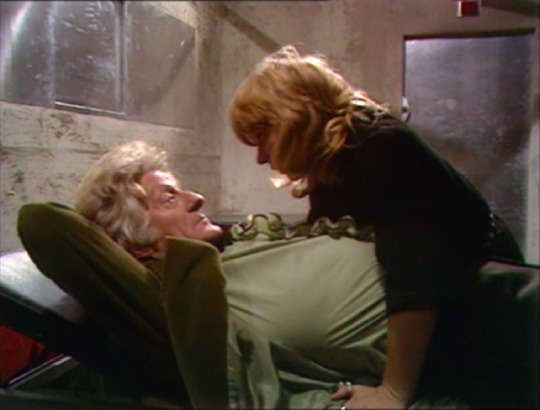
if i Speak.
#doctor who#classic who#classic doctor who#third doctor#jo grant#caroline john#jon pertwee#if i speak if i SPEAK i swear to fucking GOD!!!!!!!!!!!!!!!!#MISS MA'AM THERE WAS NO NEED TO DO THIS!!!!#giggling kicking my feet and twirling my hair rn#she leaned in and then he leaned up and listen. i'm not 100% a jo grant/third doctor truther because#i genuinely believe that intimacy and affection do not equal like. Sex Or A Ship but i SCREAMED when she leaned down#wish that were me#his fucking ribcage is huge tho this man is LARGE and she is so fucking tiny!!!!!!!!!! she can barely be in this position without laying#on top of him!!!! but she Did That and i am very grateful for it.#editing these screencaps is taking a chunk out of my life but by god he is worth it#my edits.
13 notes
·
View notes
Text






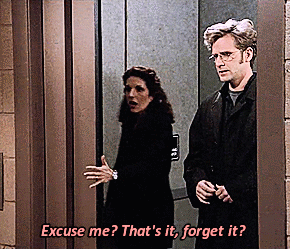



#caroline in the city#caroline duffy#richard karinsky#elevator lady#citc#carolineinthecityedit#caroline x richard#citcedit#This love confession is really just perfection#They fake you out a little because you think Richard is going to once again chicken out like he always does#So you're yelling at your screen for him to just tell her and then elevator lady basically does that for you and saves the day#and now your happy screaming because FINALLY. After 3 years these two idiots finally got their stuff together and said how they felt.#It's just so good.
34 notes
·
View notes